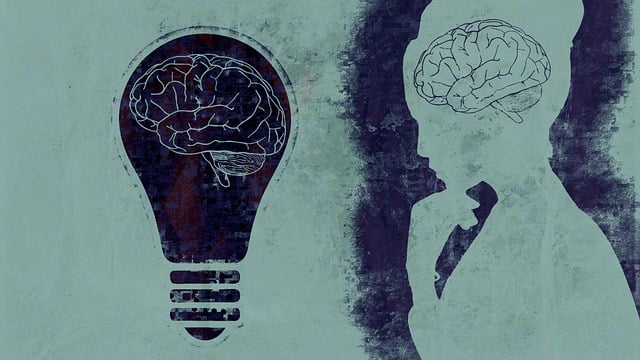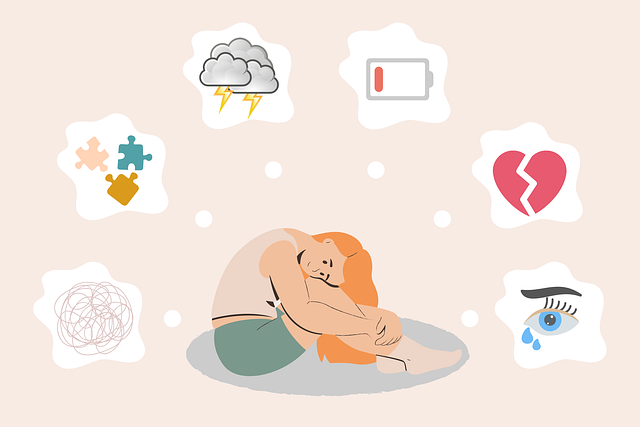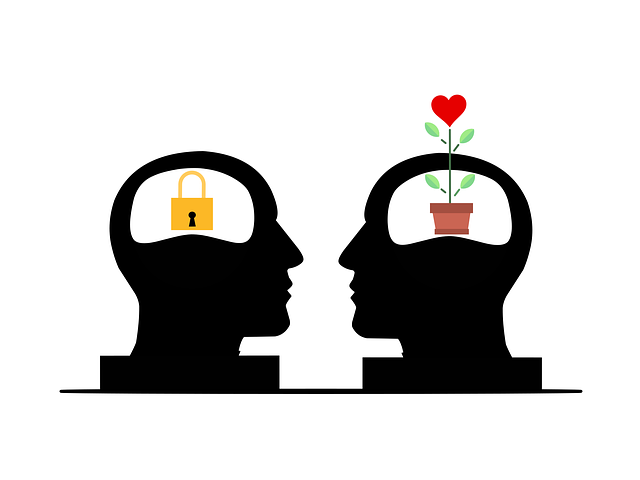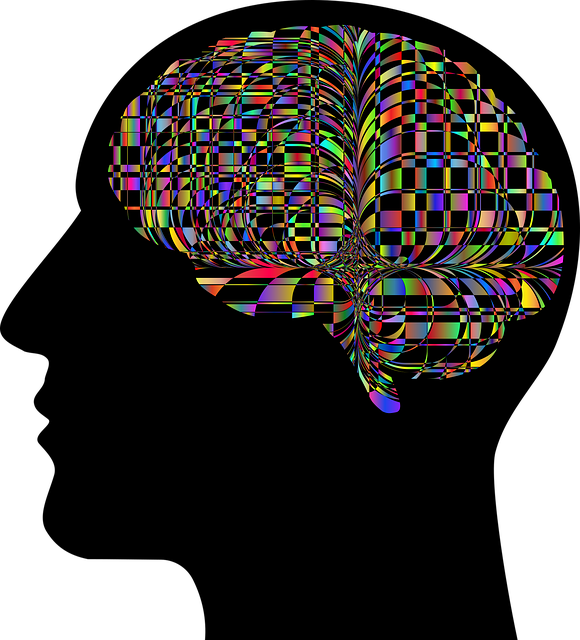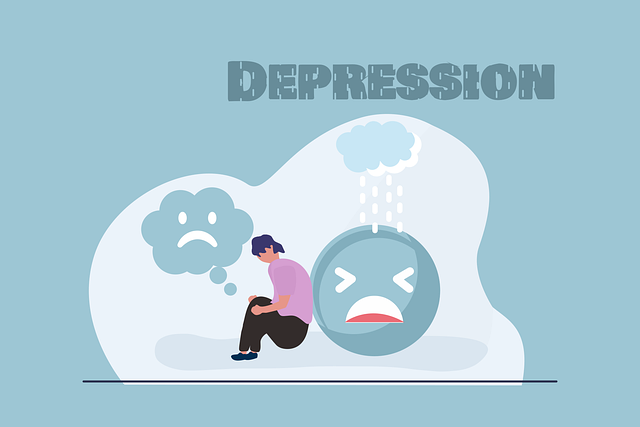Parker Learning Disability Therapy (PLDT) is a community outreach program that empowers individuals with learning disabilities through holistic therapy, fostering personal growth, coping skills, and self-care routines in an inclusive environment. Community engagement is key to its success, achieved through public events, workshops, social media, and local podcasts to raise awareness. PLDT measures impact using robust assessment tools, tracking KPIs, client feedback, and integrating coaching programs, resilience building, and self-awareness exercises for continuous improvement driving positive outcomes.
“Community outreach programs, such as those employed by Parker Learning Disability Therapy, play a pivotal role in enhancing accessibility to quality therapy services. This article explores the multifaceted approach taken by Parker, focusing on understanding community needs, engaging local communities, and measuring program success. Discover effective strategies for implementing outreach initiatives that foster inclusive environments and significantly impact individuals with learning disabilities.”
- Understanding Community Outreach: The Parker Learning Disability Therapy Approach
- Strategies for Effective Program Implementation: Engaging the Community
- Measuring Impact and Success: A Comprehensive Guide for Parker Learning Disability Therapy Programs
Understanding Community Outreach: The Parker Learning Disability Therapy Approach

Community outreach programs, when designed with a specific therapeutic approach, can profoundly impact individuals within those communities, especially those facing learning disabilities. The Parker Learning Disability Therapy (PLDT) method offers a unique and effective way to understand and address the needs of such individuals. PLDT focuses on empowering people by teaching them coping skills development and self-care routine establishment for better mental health. This holistic approach not only enhances their ability to navigate challenges but also fosters emotional intelligence, enabling them to thrive in various aspects of life.
The core philosophy behind Parker Learning Disability Therapy revolves around creating an inclusive environment that encourages active participation and personal growth. By implementing strategies tailored to each individual’s needs, the program aims to build resilience and self-esteem. This personalized touch, combined with a supportive community setting, can lead to significant improvements in emotional well-being, social interactions, and overall quality of life for those within the reach of these programs.
Strategies for Effective Program Implementation: Engaging the Community

Community engagement is a cornerstone for successful implementation of any outreach program, especially those focusing on mental wellness initiatives like Parker Learning Disability Therapy. Effective strategies involve fostering open dialogue and creating opportunities for two-way communication. This could be through hosting public events, such as workshops or awareness campaigns, to educate and address concerns within the community. Utilizing various media platforms, including social media and local podcasts, can help reach a broader audience and encourage participation in mental wellness discussions.
Incorporating inclusive practices and tailoring programs to meet diverse needs is essential. Engaging community leaders, organizations, and individuals with lived experiences ensures a deeper understanding of the target population’s challenges and interests. By actively involving them in the planning and execution processes, outreach programs can become more impactful and sustainable, fostering a sense of ownership and collective responsibility for mental wellness within the community.
Measuring Impact and Success: A Comprehensive Guide for Parker Learning Disability Therapy Programs

Measuring impact is a crucial aspect of evaluating the success of Parker Learning Disability Therapy programs. By employing robust assessment tools and qualitative methods, therapists can gain valuable insights into the progress made by participants. This involves tracking key performance indicators (KPIs) such as academic achievements, behavioral improvements, and enhanced self-esteem. Additionally, collecting feedback from both clients and their families allows for a holistic understanding of the program’s effectiveness.
The integration of Mental Wellness Coaching Programs and Resilience Building initiatives within Parker Learning Disability Therapy can significantly contribute to long-term success. Self-Awareness Exercises play a pivotal role in this process, empowering individuals with learning disabilities to navigate challenges more effectively. Regularly reviewing and analyzing these metrics ensures that the program remains aligned with its goals and adapts to evolving needs, fostering continuous improvement and positive outcomes for all participants.
Community outreach programs, such as those employed by Parker Learning Disability Therapy, play a pivotal role in enhancing accessibility to quality therapy services. By engaging the community and measuring impact through comprehensive guides, these initiatives ensure long-lasting success. The Parker approach underscores the importance of understanding local needs and tailoring strategies accordingly, fostering a vibrant and inclusive environment for all.

